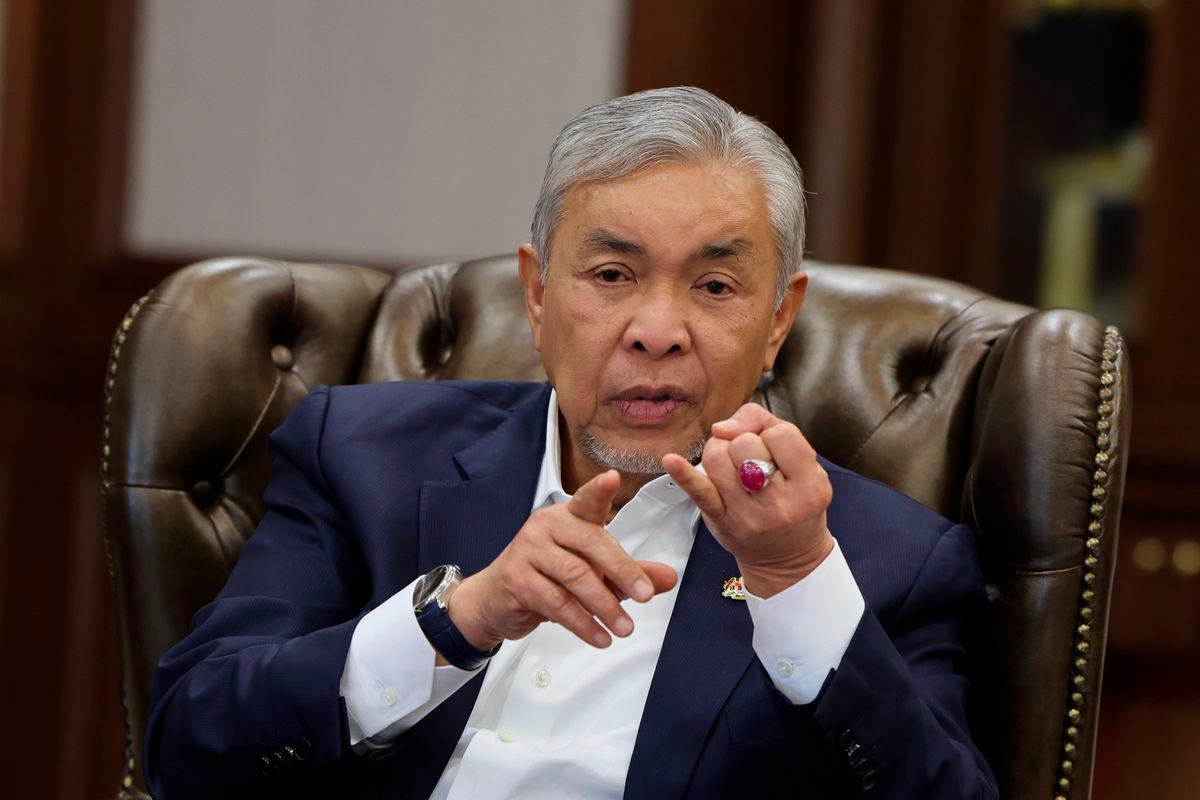PHNOM PENH: Deputy Prime Minister Datuk Seri Dr Ahmad Zahid Hamidi has called for an inclusive and sustainable approach to disaster management across ASEAN.
He described the ASEAN Agreement on Disaster Management and Emergency Response as a strong regional pact to save lives and property.
“Let us reaffirm our shared commitment to build an ASEAN that is disaster-ready, people-centred and globally respected for its leadership in resilience,” he said in his country statement at the 13th ASEAN Ministerial Meeting on Disaster Management.
“Resilience is not only about systems and technology, it is about people,” he added, stating it must be holistic and ensure no one is left behind.
Ahmad Zahid announced Malaysia will contribute RM420,000 to the ASEAN Disaster Management and Emergency Relief Fund.
He proposed three key pillars for a more comprehensive disaster mitigation plan.
These encompass innovation and technology, partnership and solidarity, and inclusivity and community resilience.
“We must harness data, artificial intelligence and digital platforms to enhance anticipatory action and early warning systems,” he stated.
He emphasised that governments cannot act alone and need civil society, the private sector and global partners.
“We must empower local leadership, give space to gender perspectives and protect those who are most vulnerable,” he said.
He assured regional governments that Malaysia is ready to work hand-in-hand with all member states to advance this vision.
His message comes as Southeast Asia faces a myriad of natural disasters from typhoons, earthquakes and droughts.
These events are denting economic growth, destroying farmers’ livelihoods and damaging vital infrastructure.
ASEAN Secretary-General Dr Kao Kim Hourn said Southeast Asia ranks among the world’s most disaster-prone regions.
“The risks we face are growing more complex,” he said in his welcoming remarks, citing climate change and rapid urbanisation.
“Long-term investments in resilience and protection will help reduce disaster impacts and safeguard lives, livelihoods and development progress,” he added. – Bernama









